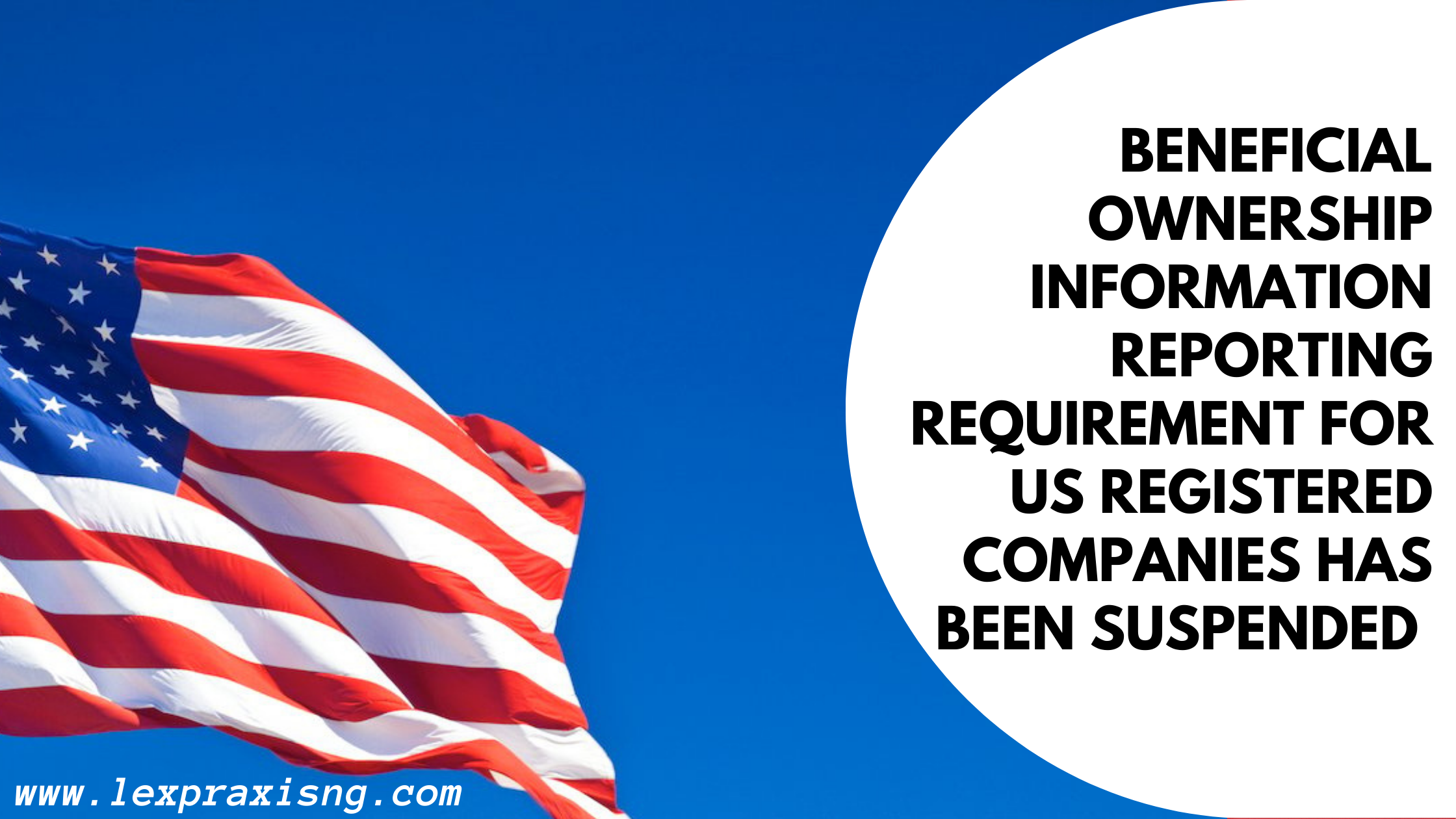The Beneficial Ownership Information (BOI) reporting requirement, introduced under the Corporate Transparency Act (CTA), was designed to increase transparency in corporate ownership and combat illicit activities such as money laundering, tax evasion, and terrorist financing in the United States. The rule mandated that certain businesses disclose information about individuals who own or control the entities, ensuring accountability and compliance with federal regulations.
However, the U.S. District Court for the Eastern District of Texas, recently issued a nationwide preliminary injunction, effectively halting the enforcement of Beneficial Ownership Information (BOI) reporting requirement under the Corporate Transparency Act (CTA). The argument was that the BOI requirements violated constitutional principles, leading to this suspension. The court’s decision has temporarily relieved businesses from filing BOI reports with the Financial Crimes Enforcement Network (FinCEN,) which had been set to enforce the rules starting January 1, 2025.
This article examines the key elements of the Texas court judgment, its implications for businesses, and the potential future of BOI reporting in the United States.
AN OVERVIEW OF THE COURT’S RULING
The rule against the BOI filing requirement was given on 3rd December 2024 by the U.S. District Court for the Eastern District of Texas in the case of Texas Top Cop Shop, Inc., et al. v. Garland, et al., with suit no 4:24-cv-00478(E.D.Tex.2024). The plaintiffs argued that the reporting requirements unfairly burdened small businesses and violated constitutional protections such as due process and states’ rights. The court agreed, issuing a preliminary injunction to stop the enforcement of the rules nationwide.
The decision emphasized that the Financial Crimes Enforcement Network (FinCEN), which oversees the BOI requirements, may have exceeded its authority. This ruling has temporarily halted the compliance deadlines set to begin on the first of January 2025, sparking debates about the proper scope of federal oversight.
On 5 December 2024, FinCEN appealed against the preliminary injunction. The outcome of the appeal is uncertain, as the decision may either be upheld or unturned.
WHAT ARE THE IMPLICATIONS OF THE SUSPENDED BOI FILING REQUIREMENT?
The suspension of the BOI reporting rules has several key implications which are as follows:
1. For Businesses: Small businesses no longer need to prepare for BOI reporting immediately. However, the uncertainty surrounding the suspension means they must stay alert for updates, as the court’s decision has been appealed against.
2. For Regulators: FinCEN’s ability to enforce transparency rules has been called into question, potentially weakening efforts to tackle financial crimes by enforcing the rule starting January 1, 2025.
3. For Legal and Policy Frameworks: This case has highlighted the tension between regulatory mandates and constitutional safeguards, signaling a need for clearer rules that balance both objectives.
This decision underscores the importance of legislative and judicial clarity in implementing federal regulations that affect businesses nationwide. Companies are advised to remain cautious and proactive as the situation evolves.
WHAT IS THE RESPONSE OF FinCEN TO THE COURT’S RULING?
While the Corporate Transparency Act aims to enhance financial transparency, critics argue that its application disproportionately affects small businesses and the people’s constitutional rights. Many businesses lack the resources to comply with the complex reporting requirements, leading to claims of excessive regulatory burden.
The Financial Crimes Enforcement Network (FinCEN), tasked with enforcing the BOI rules, has appealed the court’s decision. This reflects their commitment to combating financial crimes through increased transparency.
However, FinCEN on 7th December 2024, announced that reporting companies are not mandated to comply with the BOI deadlines so far as the preliminary injunction is still pending. However, reporting companies may file BOI voluntarily. FinCEN stated thus:
In compliance with this publication, reporting companies may voluntarily file the BOI report.
RECOMMENDATIONS FOR US-REGISTERED BUSINESSES
While the BOI reporting requirements are suspended, businesses should remain vigilant. Here are some key recommendations:
1. Stay Informed: Businesses should monitor updates from FinCEN and the Courts to stay ahead of any changes that may result as the decision may probably be overturned.
2. Prepare Proactively: Even with the suspension, it is advisable to start organizing ownership information in case the rules are reinstated to avoid delay in filling the BOI.
3. Seek Legal Counsel: Consulting with legal experts can help businesses understand their obligations and prepare for potential compliance requirements.
CONCLUSION
The suspension of the BOI reporting requirements marks a pivotal moment in the ongoing debate over financial transparency and constitutional safeguards. The ruling by the U.S. District Court for the Eastern District of Texas reflects the challenges of enforcing regulatory mandates on businesses while respecting constitutional rights.
However, it is important to note that this decision is not final. The judgment comes from a federal district court, not the U.S. Supreme Court, and FinCEN has already appealed. The higher courts, including the Supreme Court, may eventually weigh in to provide a definitive resolution. Businesses must remain aware of the evolving legal landscape and prepare for possible reinstatement of the rules should the injunction be overturned.
This situation highlights the need for legal and policy reforms that balance regulatory goals with practicality and fairness. While the future of BOI reporting remains uncertain, the case emphasizes the importance of clarity, collaboration, and preparedness in navigating regulatory frameworks.
For any inquiries about registering your company in the United States or other related questions, please contact us through the Whatsapp icon on this page or HERE for proper and comprehensive legal advice.
